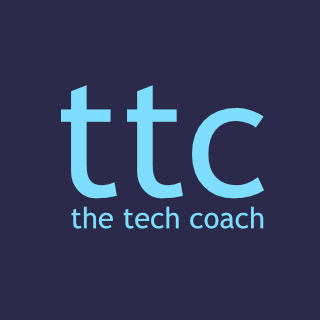Four rules to finding a meaningful and engaging work-life.
Move from the right work to working right – the big idea of the book.
Rule 1
Newport challenges the so-called passion hypothesis which is the key to occupational happiness first figure out what you’re passionate about then find a job that matches this passion. Essentially he is saying that you should not pursue what you love as you may jump from job to career looking for it.
Passion is a side effect of mastery.
Motivation, self-determination theory, tells us that there are three parts. Part 1 is autonomy part 2 is competence and part 3 is relatedness open bracket relatedness is the feeling of connection to other people’s close bracket.
Rule 2
Craftsman approach – a focus on what value you can PRODUCE in your job. What can you give, not take? It offers you clarity and control. Or to put it simply, focus on getting good.
Passion mindset – a focus on what value your job offers you. A selfish and futile endeavour.
Newport argues that we should adopt a Craftsman approach, as this will enable us to love our work.
The quote ‘Be so good they can’t ignore you’ comes from Steve Martin. Focus on being better. Identity what this thing is ( skill, research etc) and practice with the intention of getting better at it. Focus on the quality of WHAT you produce.
After you adopt the craftsman approach, passion will evolve from it.
Career capital = skills that you create (rare and valuable). Create enough of this in your current position, and use this capital to buy yourself out of it.
When you are practicing something it’s important to stretch yourself and get instant feedback.
Identity area’s in your profession of when you can carry out the deliberate practice. One way of doing this is to take on many projects, as they will inevitably take you outside of your comfort zone. But, you also need to seek out feedback on this work and actually reflect on it. Pick tasks that you know will make you better. Create a spreadsheet with this information and then for the feedback piece, review it at the end of that week.
Teaching is in a so-called auction market. As such, you need to identify what you have that is valuable (capital) as well as being rare (echoes of VRIN resource-based view strategy). Newport calls it Open Gates; look for the areas you are already in. For me that would be working for ISTE, getting a master’s degree, completing coaching courses, creating content, AI and coding. Then define goals – this is essential. Ask yourself “What does good look like, in my industry?”.
Next up, you need to practice something that also pushes yourself out of your comfort zone – this will not be enjoyable or comfortable – and don’t forget to collect feedback!
Newport also suggests using a spreadsheet to track your progress on meaningful tasks.
Rule 3
In this section, Newport talks about having control over what you do and how you do it, is the most powerful trait. This is a recurring theme across a wide range of literature in everything from entrepreneurship to PLCs – See Paul Burns’s corporate entrepreneurship.
He introduces ROWE companies. Results-only work environment, where the focus is on what you price not how you produce it. Giving people control and autonomy increases productivity and satisfaction.
Don’t try to get too much autonomy before you have built up the required capital.
When asking for and receiving control, will result in some inevitable resistance. If you receive too much, Newport says that it could be because you don’t have enough capital built up yet. Conversely, it could also be that you do have enough capital built-up, but your boss does not want to give you control, for a host of reasons. To solve this conundrum ask yourself this question from Derek Shivers “Do what people are willing to pay for?”.
Rule 4
Develop a mission (unifying focus) for your career. This answers the question “What should I do with my life?”. Then channel your energy to get to your goal.
When developing your mission, look at the edge cases in your industry (echoes of Tim Ferris). For me that would almost certainly involve AI, and using it to personalize learning for kids. This could come from the development of niche skills (rare and vulnerable) thinking small (AI), and acting big (Using AI to alter learning).
Make little bets in what you think is the right direction. These bets should: be completed within a month; create new value; produce concrete products so that you can get feedback.
“Build something worth noticing” The Purple Cow by Seth Godin.
The law of remarkability period should be remarked upon by others and launched in a venue where it can get fast feedback eg. Twitter, Threads etc.
